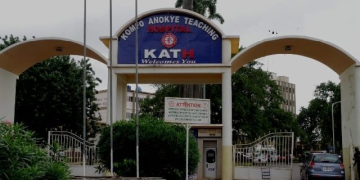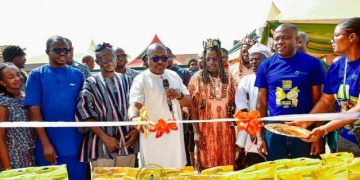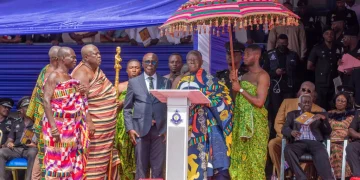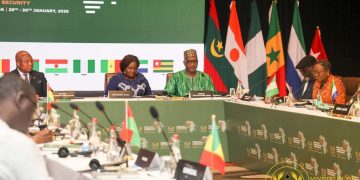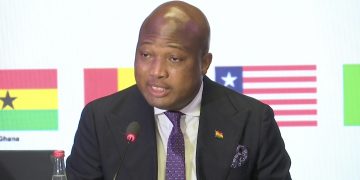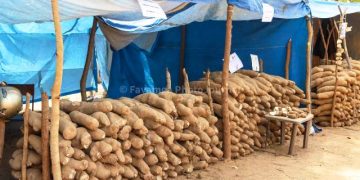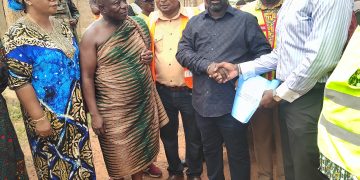The New Patriotic Party (NPP) suffered a historic and humiliating defeat in the 2024 Presidential and General Elections, marking a political downturn that had been brewing for over a decade.
A post-election review commissioned by the Ashanti Regional Executive Committee on December 14, 2024, just a week after the election, has revealed a myriad of factors that culminated in the party’s poor performance, particularly in its stronghold, the Ashanti Region.
For the first time in over two decades, the Ashanti Region—the party’s political “World Bank”—failed to deliver the expected overwhelming support. This unexpected shortfall, the report indicates, contributed significantly to handing over power to the National Democratic Congress (NDC) on what the committee describes as “a silver platter.”
Key Factors Behind NPP’s Defeat in Ashanti Region
1. Economic Challenges and External Shocks
One of the most cited reasons for the NPP’s electoral loss was the impact of external economic shocks that significantly weakened Ghana’s economy. Rising inflation, unemployment, and general economic hardships led to widespread dissatisfaction among the electorate, including in the Ashanti Region. Many voters, feeling the pinch of economic instability, chose to vote for change.
2. Intra-Party Conflicts and Structural Defects
Internal divisions within the NPP, particularly disputes over leadership, party structure, and candidate selection, played a crucial role in the loss.
The committee’s research highlights that the current delegates system was a major structural defect, fostering monetization of politics and creating deep-seated resentment within the party ranks.
Disgruntled party members who felt sidelined or unfairly treated by the system either abstained from voting or, in some cases, voted against the party.
3. Arrogance of Power and Disconnect from Grassroots
The report also cited growing arrogance among government officials and senior party members, who allegedly dismissed the concerns of ordinary Ghanaians, including party foot soldiers.
Many NPP supporters in the Ashanti Region felt taken for granted, especially as other regions appeared to receive more attention and development projects than the party’s traditional stronghold.
4. Perceived Corruption and Nepotism
A critical finding of the report was the widespread perception of corruption among government officials and party executives.
Several NPP members expressed frustration over the party’s transformation into a “money-making machine,” where financial interests took precedence over service to the people.
This disillusionment led to voter apathy and, ultimately, a drop in support for the party in its supposed stronghold.
5. Neglect of Foot Soldiers and Communicators
The Ashanti Region, a major hub for the party’s grassroots activism, saw a significant decline in enthusiasm among its foot soldiers and communicators. Many of these party loyalists felt abandoned and unappreciated, leading them to disengage from campaign activities.
The lack of proper recognition and reward for their efforts over the years led to widespread apathy, further weakening the party’s electoral machinery.
6. Alienation of Natural Allies
The report also found that the NPP had alienated key voter groups, including the middle class, academicians, private entrepreneurs, and students. These groups, traditionally sympathetic to the party’s pro-business stance, felt neglected in policymaking and governance.
The failure to engage these allies contributed to the party’s declining influence, even in its strongholds.
7. The Role of Leadership and the Presidential Primaries
A significant portion of the report focused on the 2023 presidential primaries, which many within the party believe were skewed in favor of Dr. Mahamudu Bawumia. The process, the report argues, was manipulated through the “whipping” of MPs, government appointees, and party executives into line to support one candidate.
This perceived bias led to the resignation of Alan John Kwadwo Kyerematen from the party and deepened internal fractures. The introduction of the special delegates system, according to the findings, was engineered to ensure a pre-determined outcome, further alienating sections of the party.
Below is the full report:
Source: www.kumasimail.com







